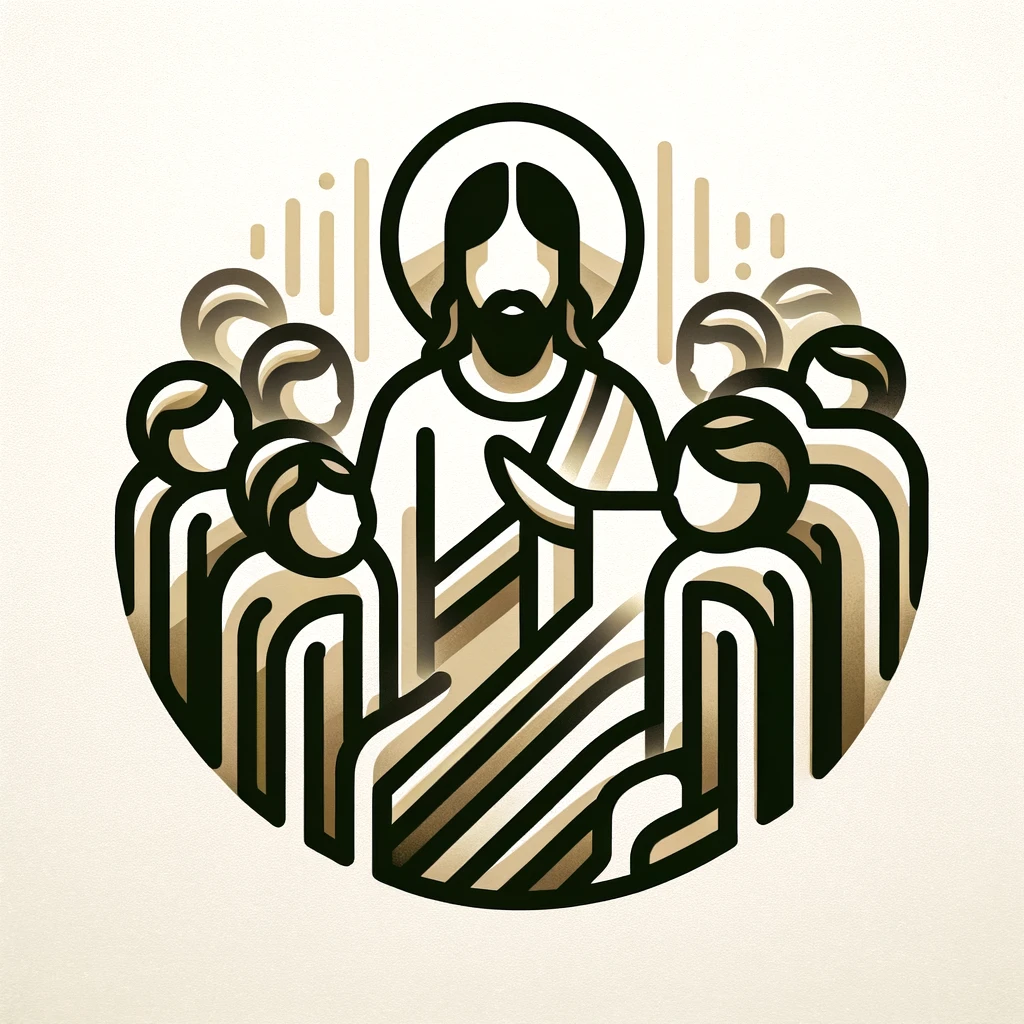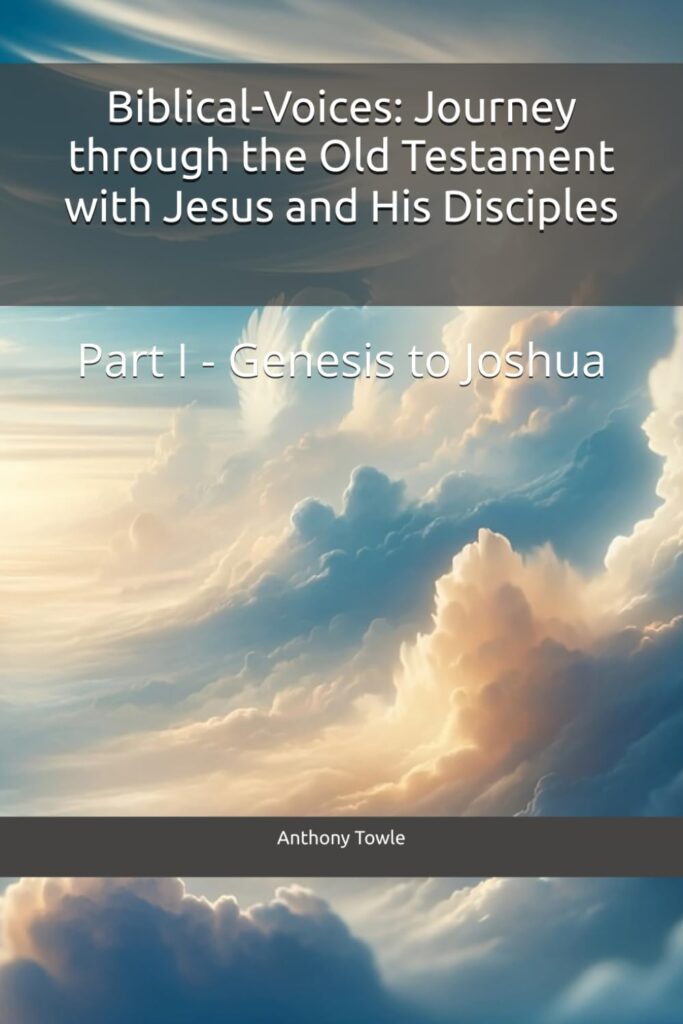Jesus: “Genesis 1:2 speaks of the state of the earth at the very beginning of creation. ‘And the earth was without form, and void; and darkness was upon the face of the deep. And the Spirit of God moved upon the face of the waters.’”
Peter: “Lord, what does it mean for the earth to be ‘without form, and void’?”
Jesus: “Peter, it means that the earth was empty and shapeless at first. There was nothing on it, no life, no light, no substance as we know it. It was a blank canvas, waiting for the Creator’s touch.”
Andrew: “And the ‘darkness was upon the face of the deep.’ Does this mean there was no light at all?”
Jesus: “Yes, Andrew. The darkness represents the absence of light, both physically and metaphorically. It signifies a state before the beginning of time as we understand it, where the potential for creation awaited God’s command.”
John: “Master, what about the ‘Spirit of God moved upon the face of the waters’? What does that signify?”
Jesus: “John, this is a profound statement about the presence of God’s Spirit active in creation. The movement of the Spirit of God over the waters signifies the beginning of life-giving action. It’s a picture of God’s creative energy about to transform the chaos into order.”
Philip: “So, this verse really sets the stage for everything that follows in the creation story?”
Jesus: “Exactly, Philip. It introduces the power and presence of God in creation. From this moment of formlessness and void, God brings forth light, life, and beauty. It teaches us about God’s sovereignty and creative power over the universe.”
Matthew: “It’s fascinating that from nothingness and chaos, God created everything. It speaks to His might and creativity.”
Jesus: “Indeed, Matthew. The creation narrative reminds us of God’s unlimited power and also His purpose. It shows that what begins as formless and void can be transformed by God into something good and beautiful. It’s a principle that applies not just to the creation of the world but to our lives as well.”
Bartholomew: “This verse, then, is not just historical but also symbolic. It tells us about God’s ability to bring order and purpose out of chaos.”
Jesus: “Well observed, Bartholomew. It is indeed symbolic, reflecting the transformative work of God. Just as He brought light out of darkness and order out of chaos in creation, He seeks to bring light and order into our lives, illuminating our paths and guiding us according to His will.”
Thomas: “It’s a comforting thought that the same Spirit that moved over the waters is still active today, working in our lives.”
Jesus: “Yes, Thomas. The Holy Spirit continues to move, guiding, comforting, and empowering believers to fulfill God’s purpose. Remember, the God of creation is also the God of redemption, constantly at work in the world and in the hearts of those who seek Him.”

